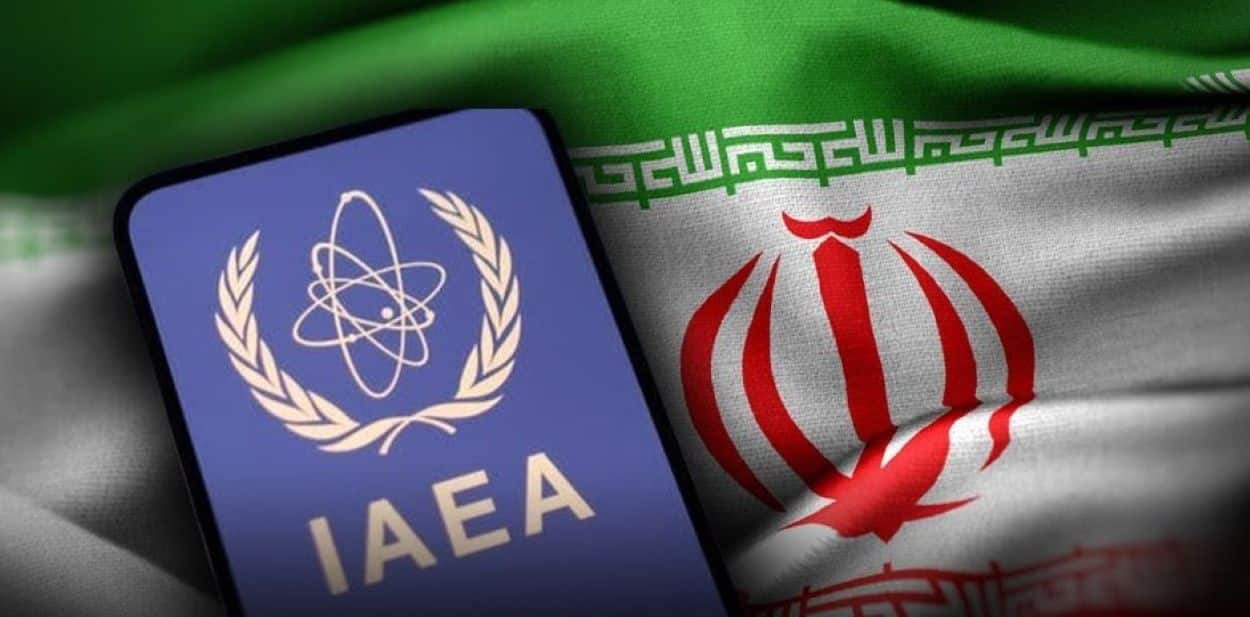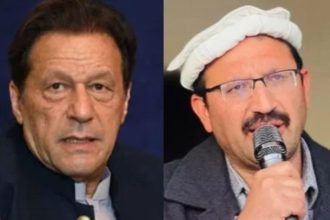Iran’s Foreign Minister Abbas Araghchi announced that a senior International Atomic Energy Agency (IAEA) official would visit Tehran on August 11 to discuss establishing a framework for cooperation. He made clear that Iran has not planned any inspections of its nuclear sites.
Araghchi’s announcement follows Iran’s suspension of cooperation with the IAEA after Israeli airstrikes on its nuclear facilities in June 2025. Iran claims the airstrikes were aided by a critical IAEA report issued on May 31. That report prompted the IAEA’s 35-nation Board of Governors to declare Iran in breach of its obligations under the Nuclear Non-Proliferation Treaty (NPT). Iran denies any intention to develop nuclear weapons and insists it remains committed to the NPT.
A recent 12-day war between Israel and Iran disrupted U.S.-Iran nuclear talks, which had been the highest-level engagement since the U.S. withdrew from the 2015 nuclear deal in 2018. Iran now demands guarantees against military action before resuming negotiations.
Iran won’t allow nuclear site inspections when a senior International Atomic Energy Agency official visits Tehran on Monday, Foreign Minister Abbas Araghchi said https://t.co/6nNqmSC2Ta
— Bloomberg (@business) August 10, 2025On July 25, Iranian diplomats met counterparts from Germany, Britain, and France. According to Al Jazeera, the European diplomats warned that they could trigger the UN sanctions “snapback mechanism” by late August if no agreement emerges. This measure, set to expire in October, would restore the sanctions from the 2015 nuclear accord. Araghchi noted that while Iran remains in contact with European officials, they have not scheduled a new meeting. He also said that U.S. messages about resuming negotiations remain inconclusive.
Read: Iran Threatens to Block Trump-Sponsored Caucasus Corridor in Azerbaijan-Armenia Deal
Iran’s refusal to permit IAEA site visits until they agree on a framework has heightened tensions. The IAEA continues to prioritise inspections, while unresolved disputes, especially Israel’s strikes, complicate the path forward. The upcoming talks could determine the level of transparency in Iran’s nuclear program and potentially avert renewed sanctions, as Tehran navigates U.S. pressure and volatile regional dynamics.






